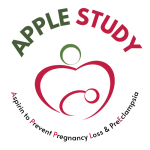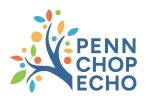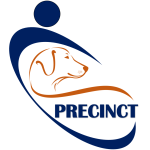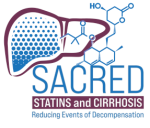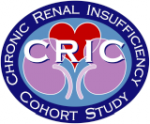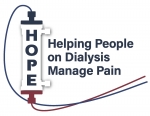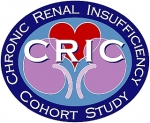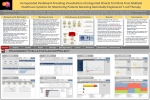[APPLE] Aspirin to Prevent Pregnancy Loss and Preeclampsia
Study timeline: 8/10/2023-7/31/2028
Investigators: Barnhart, K; Schisterman, E
Funding: Eunice Kennedy Shriver National Institute of Child Health and Human Development
This is a parallel assignment, randomized, double blind clinical trial of double low-dose aspirin (162 mg/day) begun no later than 6 weeks 6 days gestation, through delivery, to investigate the effects of early initiation of prophylactic aspirin therapy compared to standard of care (placebo through 12 weeks’ gestation, 81 mg aspirin thereafter through delivery) on reducing risk of both pregnancy loss and preeclampsia in pregnant people with one or more risk factors.
